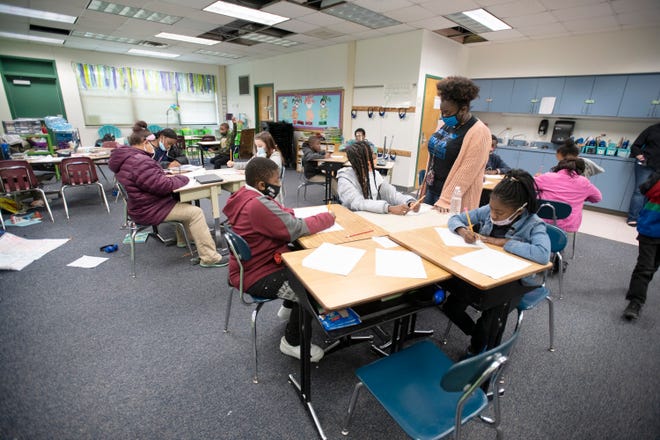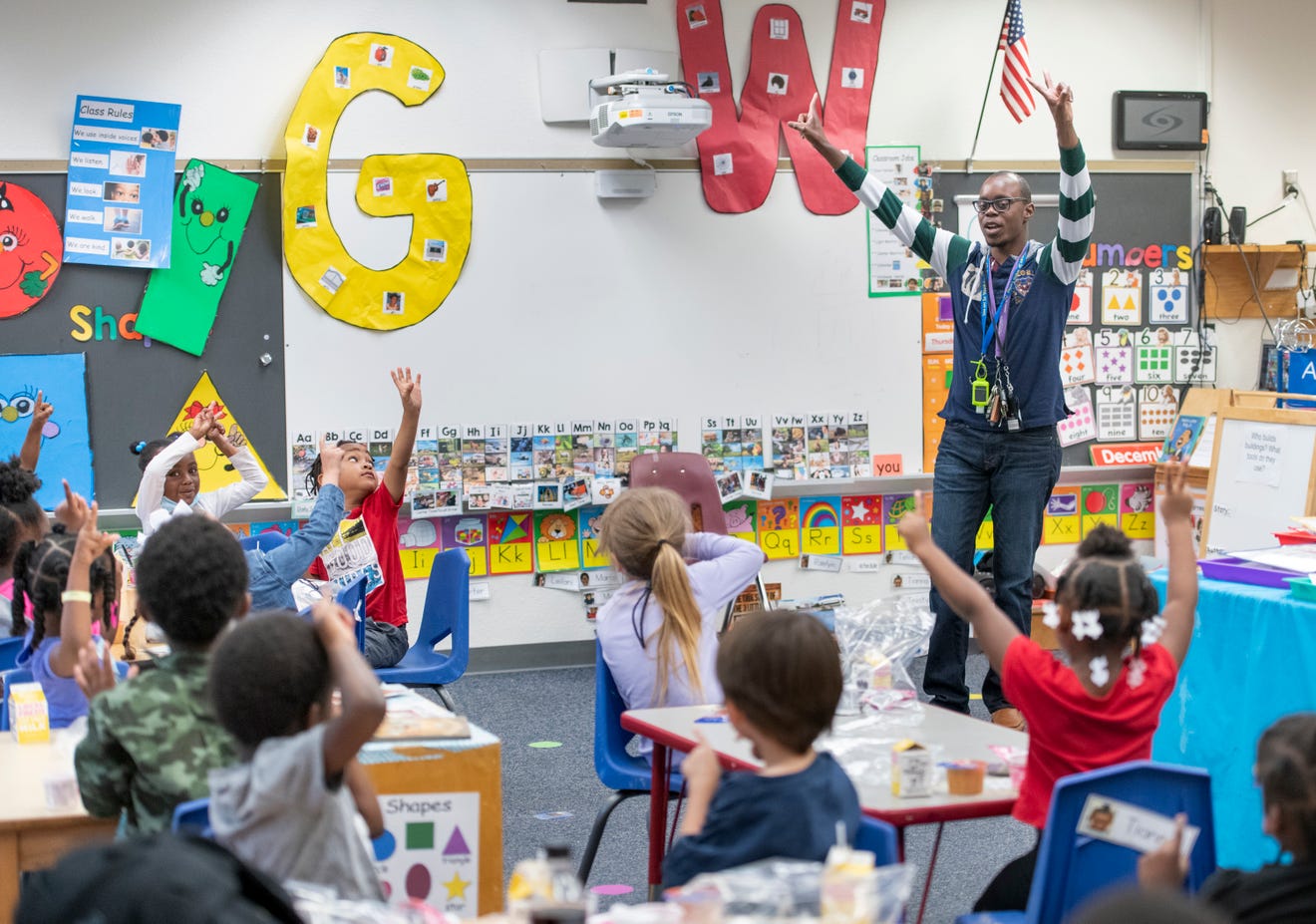The past year presented us with a break in the normal order of society – a chance for us to look at what, and who, makes our society strong, and to establish a new social equilibrium. It also forced us to see where gaps must be filled to strengthen our communities.
We’ve seen how complex social issues such as equitable access to quality education and health care have overwhelmed many communities; while these issues have become increasingly apparent during the pandemic, let’s make no mistake: they have existed for too long. Sadly, many have been recognized as norms. But it is not the norm, and these problems affect all of us, including our children.
A child’s zipcode should not determine their potential. It should not determine the type of education or health care they receive. All children deserve to have equitable access to the resources they need to thrive – regardless of where they live.
We start by building bridges – listening to community members to learn their needs and how we can, collectively, build systems that work for everyone. It takes partnerships, commitment and scale to drive equity solutions for all.

And it’s already happening.
In 2009, the University of Central Florida (UCF) and Children’s Home Society of Florida (CHS) came together with a shared commitment – to use their scale and resources and collaborate with community members to tackle inequities affecting student success.
Bringing in Orange County Public Schools, the partnership resulted in Florida’s first Community Partnership School, located at Evans High School in Orlando. But it didn’t stop there.
As founding and strategic partners of the Community Partnership Schools model, CHS and UCF saw the transformation this partnership initiated – and the potential to do more. Florida now has 26 Community Partnership Schools – including in Pensacola and Tallahassee – all driving outcomes that improve student success – in the classroom and beyond.
Central to the model is the commitment of each core partner – a school district, a university or college, a community-based nonprofit, and a healthcare provider –all working in tandem with the community to change odds into opportunities for students, families and the entire community. Locally, we’ve implemented the Community Partnership Schools model at Pensacola’s C.A. Weis Elementary, in partnership with Children’s Home Society of Florida, Community Health Northwest Florida, the Escambia County School District and the University of West Florida. This year, C.A. Weis became the first school in the state to officially achieve “full affirmation” from the UCF Center for Community Schools, acknowledging excellence in implementing the model and impacting students’ life trajectories.
Together, these partners address inequities that have long afflicted their communities. This is the power of the collective.
The impact is undeniable.
During the 2019-20 school year, Community Partnership Schools statewide served more than 23,000 students. Students received much-needed resources and services, including more than 14,000 individual tutoring and enrichment activities, and more than 8,700 wellness support visits such as physicals and mental health counseling. Students received more than 9,000 hours of mentoring, and schools benefited from 160,000 hours of volunteer service from community members.
These are not statistics. These are students with renewed hope for their future because dedicated organizations and individuals made a commitment to power transformative change.
As strategic partners advancing this proven model, UCF and CHS offer unique positions as Community Partnership Schools continue to expand and meet the needs of students. The UCF Center for Community Schools is the statewide funder and grant administrator. The center works closely with all the core partners to deliver innovative strategies and research-backed solutions to support the entire system. And as a statewide operational expert, CHS – a core partner in 20 schools statewide – offers the experience, collaboration and leadership to bring the vital resources, partners and supports to the schools.
Since the needs of each Community Partnership School are unique, the core partners are positioned at the local level to work closely with each school to best address students’ needs.
But there is more work to be done.
A report from the Brookings Institution recommends “the transformation of U.S. schools into community schools, centering initial efforts on the 4 percent of school districts that educate approximately 40 percent of the country’s children … and have the greatest concentration of unmet student needs.” A sizable portion of Florida falls within this recommendation.
The partnerships must grow, and the collective impact advance. We are grateful for the support of local, state and federal governments, and look forward to continuing these partnerships. The Florida Legislature has recognized the importance of, and funded, the Community Partnership Schools model since 2014; for that, we are extremely appreciative. We especially thank our past and present legislative champions for their leadership and commitment in funding Community Partnership Schools.
Their commitment will undoubtedly strengthen communities for generations of children.
Though we are moving forward, we understand there are still inequities to address.
Fortunately, we have a road map to make a difference. A plan to lift students at the earliest stages of development, to not only transform lives but to transform communities, to lift us all together.
Originally posted by:PNJ.com










